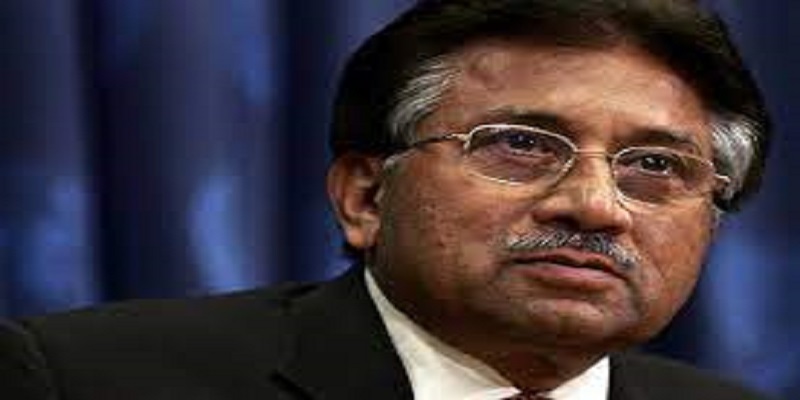Pakistan's Enlightened Moderation
"Enlightened Moderation" is a term that gained prominence in the early 21st century, particularly in the context of Pakistan. Coined by General Pervez Musharraf, the then-president of Pakistan, the concept was presented as a way to navigate the challenges posed by extremism and terrorism while promoting socio-economic development and modernization. This approach aimed to strike a balance between religious values and modernization, fostering a tolerant and progressive society. In this essay, we will explore the key elements of Enlightened Moderation and its implications.
At its core, Enlightened Moderation advocates for a middle path that acknowledges and respects religious values while embracing the benefits of modernity and progress. It emerged against the backdrop of a global post-9/11 scenario when the international community was grappling with the consequences of terrorism and extremism. For Pakistan, a country with a significant Muslim population, the challenge was to address these issues without compromising its cultural and religious identity.
One of the pillars of Enlightened Moderation is the promotion of education and economic development. Recognizing that poverty and lack of education can contribute to radicalization, the approach emphasizes the need for inclusive economic policies and investments in education. By addressing the root causes of extremism, such as poverty and ignorance, the strategy aims to create a more stable and tolerant society.
The second key aspect of Enlightened Moderation is the promotion of interfaith harmony. In a country as diverse as Pakistan, with a mix of different religious and ethnic groups, fostering understanding and tolerance among communities is crucial. The approach encourages dialogue and cooperation among people of different faiths, emphasizing the common values that unite them. This not only contributes to social cohesion but also counters the narrative of religious exclusivity that extremists often exploit.
Furthermore, Enlightened Moderation seeks to reform the religious discourse by promoting a tolerant and inclusive interpretation of Islam. It encourages religious leaders to take a stand against extremism and promote a narrative that is compatible with modern values. By engaging with religious scholars and institutions, the aim is to challenge and counter the radical ideologies that fuel terrorism.
Another significant aspect of Enlightened Moderation is its emphasis on political stability and good governance. Recognizing that political instability can provide fertile ground for extremism to flourish, the approach advocates for effective governance and the rule of law. This includes efforts to combat corruption, ensure the protection of human rights, and strengthen democratic institutions. A stable political environment is seen as a prerequisite for implementing the reforms necessary for social and economic development.
However, despite its noble objectives, Enlightened Moderation has faced criticism and challenges. Critics argue that the term itself is vague and lacks a clear definition, making it difficult to implement in practice. Moreover, there is skepticism about the political will to carry out the necessary reforms, especially when they may face opposition from conservative elements within society.
Additionally, the global context has evolved since the inception of Enlightened Moderation. The rise of new geopolitical dynamics, changing international alliances, and the evolving nature of extremism pose new challenges. The approach needs to adapt to these changing circumstances to remain relevant and effective.
Enlightened Moderation represents a nuanced and comprehensive strategy to address the complex issues of extremism and terrorism while promoting socio-economic development and cultural identity. It recognizes the importance of striking a balance between religious values and modernization, emphasizing education, interfaith harmony, and political stability. However, its success depends on the commitment of political leaders, the engagement of religious scholars, and the ability to adapt to changing global dynamics. Ultimately, the pursuit of enlightened moderation is an ongoing journey towards building a more tolerant, inclusive, and progressive society.

